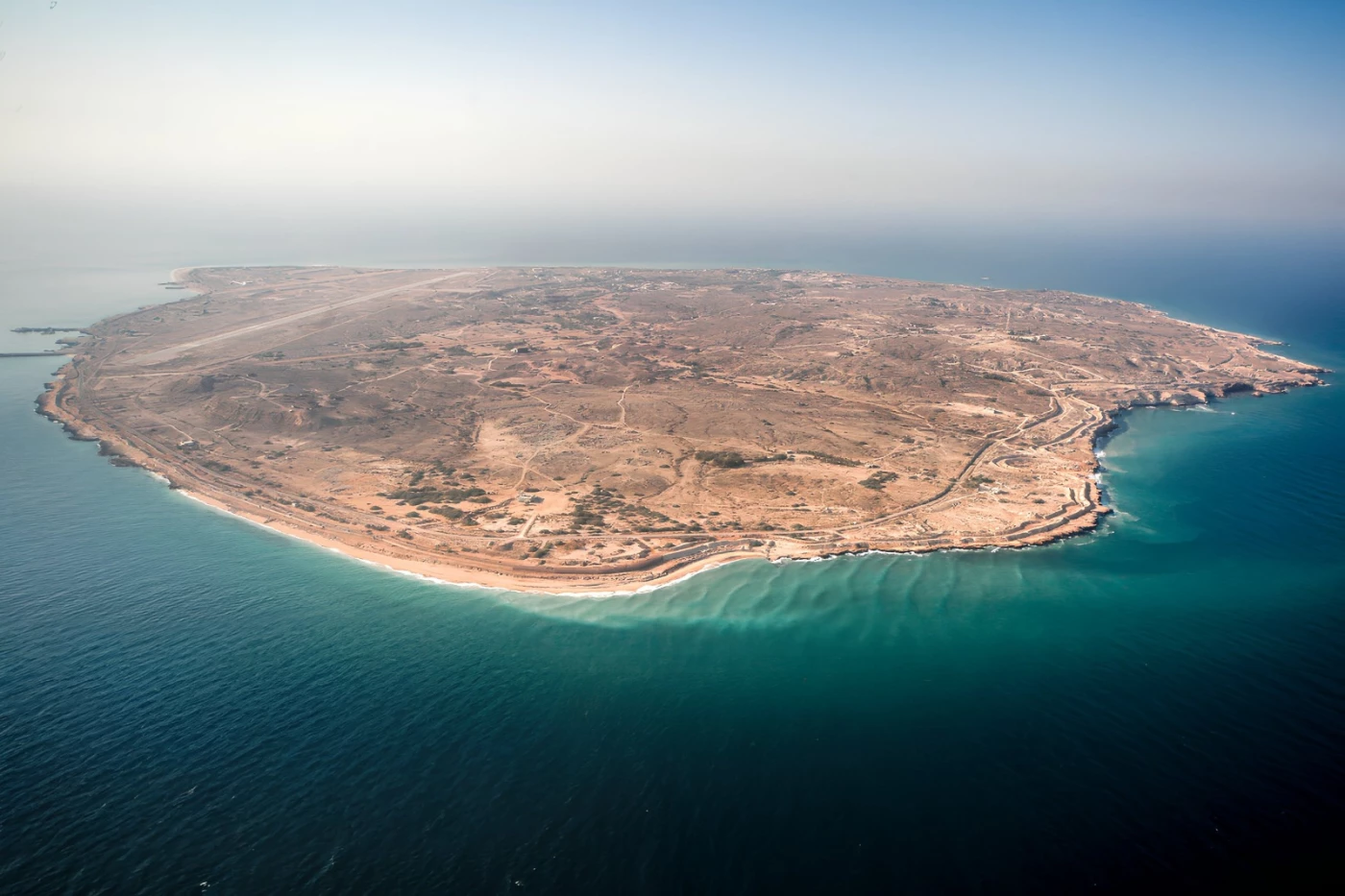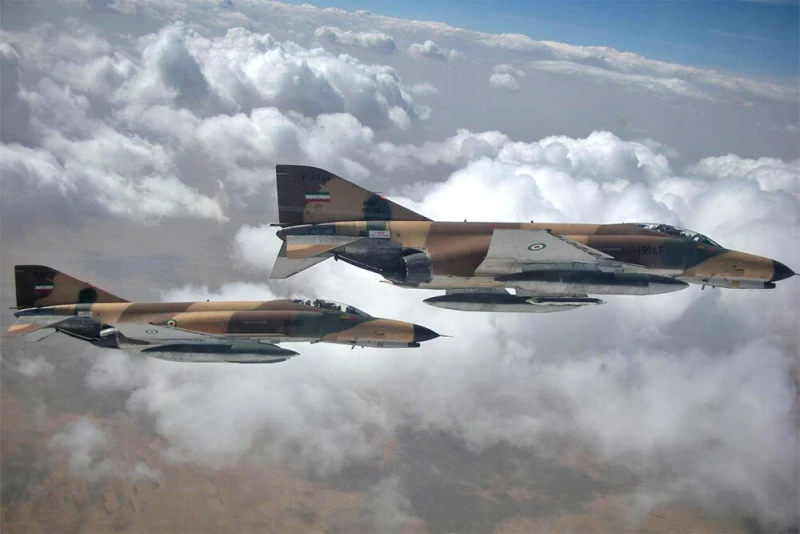ERBIL, Kurdistan Region of Iraq - Iran on Tuesday rejected claims by the Gulf Cooperation Council (GCC) and the European Union asserting the United Arab Emirates' (UAE) ownership of three Gulf islands, accusing the UAE of making “fraudulent” claims.
The EU and the GCC issued a joint statement on Monday calling on Iran “to end its occupation” of the islands of Greater Tunb, Lesser Tunb, and Abu Musa, saying it constitutes a “violation of the sovereignty of the UAE” and the principles of the UN Charter.
Iranian Foreign Ministry spokesperson Esmail Baghaei strongly criticized the joint statement.
“It is shameful that the parties that are the cause of the current situation have now placed themselves in the position of claimants. At the same time, it is also unfortunate that instead of demanding from the European Union on various issues related to the West Asian region, the member states of the Gulf Cooperation Council have provided a platform for their fraudulent projection,” Baghaei said in a statement on Tuesday.
Iran and the UAE have each laid claim to the mostly uninhabited islands near the Strait of Hormuz, a dispute that has persisted for more than forty years. Iran cites its long-standing historical influence over the islands, considering short intervals of British and Arab presence as temporary disruptions to its sovereignty.
Tehran supports its position with historical maps labeling the islands as Persian territory, according to the UK-based Royal United Services Institute.
Baghaei further asserted that the two blocs had no right to comment on Iran's military.
“They have no right to comment on the endogenous and indigenous defense capabilities of the Iranian nation,” he added.
He also accused the EU of providing “comprehensive military and political support” for Israel’s war on Gaza, resulting in the deaths of thousands of people.
The joint statement, issued following the 29th Joint Council and Ministerial Meeting of the GCC and EU foreign ministers, also urged Iran to continue diplomatic efforts and cooperation with the International Atomic Energy Agency (IAEA) despite the activation of international sanctions against the country.
The statement called for an end to the proliferation of ballistic missiles, drones, and related technologies that “threaten the security of both our regions and beyond,” and voiced a shared commitment to maintain close EU-GCC dialogue on security issues.
The meeting was co-chaired by Kuwait’s Foreign Minister Abdullah al-Yahya and EU foreign policy chief Kaja Kallas, with senior officials from both sides attending.



 Facebook
Facebook
 LinkedIn
LinkedIn
 Telegram
Telegram
 X
X


